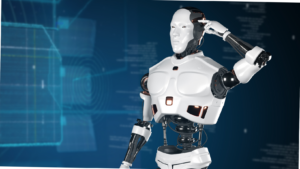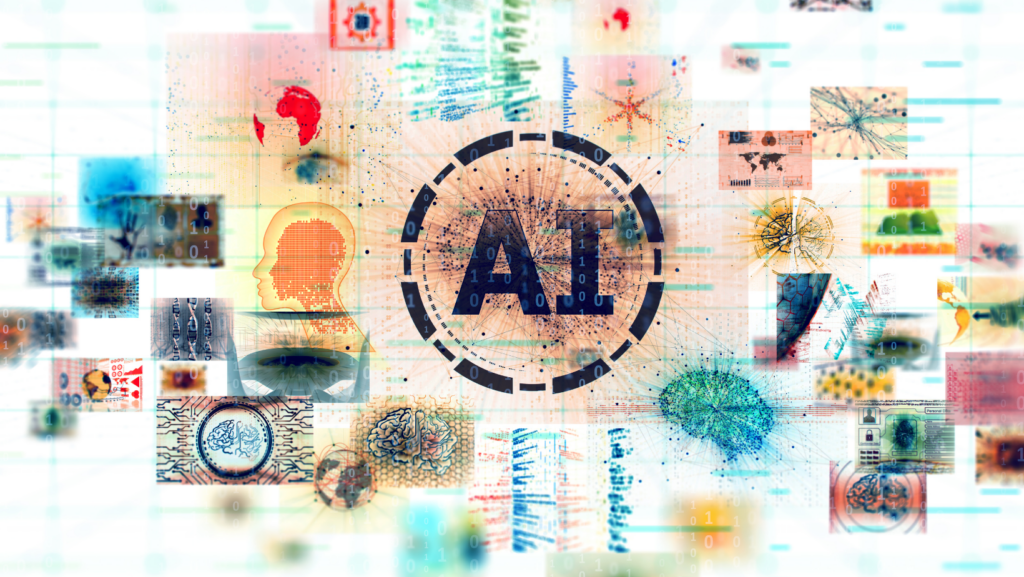In today’s rapidly evolving technological landscape, artificial intelligence (AI) is reshaping industries and redefining possibilities. However, with great power comes great responsibility, and the ethical implications of AI are a growing concern. The Institute of Electrical and Electronics Engineers (IEEE) is at the forefront of addressing these challenges through its AI ethics initiatives.
IEEE AI ethics focuses on creating standards and frameworks that guide the responsible development and deployment of AI technologies. By prioritizing transparency, fairness, and accountability, IEEE aims to ensure that AI systems benefit humanity while minimizing potential harms. Their efforts are crucial in navigating the complex ethical terrain that accompanies AI advancements.
IEEE AI ethics continue to integrate into daily life, understanding and applying ethical principles becomes essential. IEEE’s commitment to AI ethics not only sets a benchmark for innovation but also fosters trust in AI systems, paving the way for sustainable and inclusive technological progress.
IEEE AI Ethics

IEEE AI Ethics focuses on creating guidelines that ensure AI technologies align with human values and rights. The IEEE Global Initiative on Ethics of Autonomous and Intelligent Systems spearheads efforts to standardize principles like transparency, accountability, and privacy. These principles help guide the design and implementation of AI systems.
The organization emphasizes stakeholder involvement in AI development to build trust and cultivate inclusive technological solutions. Collaborations include industry leaders, policymakers, and academia to refine ethical standards. IEEE’s Ethically Aligned Design document presents a comprehensive framework for integrating ethical considerations into AI processes.
Key Principles Of IEEE AI Ethics
IEEE AI Ethics focuses on setting standards that guide the ethical development of AI systems. It prioritizes core principles to ensure AI technologies align with human values and rights.
Accountability
AI systems must be accountable to users and stakeholders. IEEE advocates for clearly defined responsibility structures, ensuring creators remain answerable for AI actions and decisions. Measures include documenting decisions, maintaining audit trails, and enabling redress mechanisms for affected users.
Transparency
Transparency requires AI systems to be understandable and explainable. IEEE supports initiatives enhancing AI’s clarity, urging developers to disclose system functionality and decision processes. This principle fosters trust by providing stakeholders with insights into how AI systems operate and make decisions.
Privacy And Security
Protection of privacy and security is paramount within IEEE AI Ethics. AI systems should prioritize data integrity, confidentiality, and user control. IEEE promotes frameworks that ensure data is used responsibly, supporting technologies that safeguard against unauthorized access and breaches while respecting individual privacy rights.
IEEE AI Ethics Guidelines
IEEE’s AI Ethics Guidelines outline essential principles for designing ethical AI systems, emphasizing transparency, accountability, and privacy.
Autonomous And Intelligent Systems

These guidelines address the development of autonomous and intelligent systems by setting standards to ensure these technologies align with ethical norms. IEEE advocates for the design of systems that act in users’ best interests and promote beneficial outcomes without unjust biases.
The initiative includes criteria for verifiability and traceability, allowing stakeholders to audit AI decision-making processes effectively.
Human Rights Considerations
IEEE highlights the importance of respecting human rights within AI applications. The guidelines promote AI systems that uphold freedom, privacy, and equality, aligning technological advancements with universal human values. IEEE encourages designers to integrate safeguards that prevent AI technologies from infringing on individuals’ rights, fostering environments where AI supports—not undermines—human dignity and freedom.
Impact Of IEEE AI Ethics On Industry

IEEE AI Ethics significantly influences industry by setting frameworks that guide the ethical development and deployment of AI technologies. These guidelines help companies align AI initiatives with societal values and regulatory demands.
Several industries illustrate the successful integration of IEEE AI Ethics. In healthcare, AI systems analyzing patient data adopt transparency and accountability principles to ensure ethical data use and patient trust. Financial institutions use these ethics frameworks to develop algorithms that provide fair loan decisions, reducing biases. In autonomous vehicles, IEEE’s guidelines help designers implement systems that prioritize safety and ethical decision-making.
Adoption Challenges
Despite its benefits, adopting IEEE AI Ethics poses challenges. Companies face difficulties in implementing comprehensive frameworks due to varied regulatory environments. Adapting existing systems to align with ethical guidelines requires significant investment in resources and time.

